Search Results
Showing results 1 to 20 of 29
The Jelly Bean Challenge
Source Institutions
In this activity, learners explore how their sense of smell affects their taste buds. Learners taste different flavored jelly beans while holding their nose.
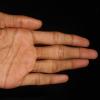
Head, Shoulder, Knees and Toes...and Hands, Fingers and Back
Source Institutions
Are fingers the only place on the body where we use our sense of touch? In this activity (6th activity on the page), learners test the touch sensitivity of different parts of the body.
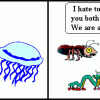
The Senses of "Unknown Creatures"
Source Institutions
In this activity, learners use earthworms as "unknown creatures" from the South American jungle to find out how animals use senses.

Sock It To Me!
Source Institutions
In this activity (7th activity on the page), learners use their sense of touch to identify mystery objects hidden in socks.
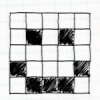
Passion for Pixels
Source Institutions
In this technology activity, learners explore digital imaging and pixels. Learners "transmit" an image to a partner by creating an image on grid paper.
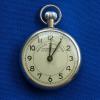
Auditory Acuity
Source Institutions
This activity (8th activity on the page) tests learners' ability to identify things using only the sense of hearing.
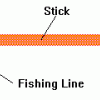
Become a Neurologist: Detective Threshold
Source Institutions
In this neuroscience activity (4th activity on the page), learners make their own set of Von Frey hairs to test detection thresholds.
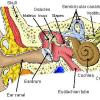
Model Eardrum
Source Institutions
In this activity (last activity on the page), learners make a model of the eardrum (also called the "tympanic membrane") and see how sound travels through the air.
Are you a Supertaster?
Source Institutions
In this activity, learners examine their tongue and taste buds.
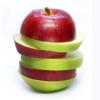
The Nose Knows
Source Institutions
In this activity (2nd activity on the page), learners explore how the nose is responsible for part of the flavor we taste in food.
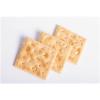
No Saliva, No Taste?
Source Institutions
In this activity (4th activity on the page), learners test to see if saliva is necessary for food to have taste.
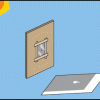
Finding the Size of the Sun and Moon
Source Institutions
In this activity, learners build a simple pinhole viewer. They use this apparatus to project images from a variety of light sources, including a candle, the Sun, and the Moon.
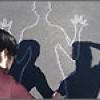
Changing Shadows
Source Institutions
In this sunny day, outdoor activity, learners observe changes in shadows over time. The activity also helps to develop a sense of the Earth's motion.
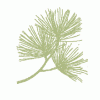
The Blindfolded Walk
Source Institutions
In this activity, learners work in teams to study the observation skills essential to scientific research.
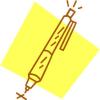
Where Was That?
Source Institutions
In this activity (9th activity on the page), learners work in pairs to see how their perception of touch differs from reality.
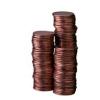
A Penny Saved is a Penny Heard
Source Institutions
In this activity (11th activity on the page), learners use pennies to test their hearing acuity.
Soaring Towers: Building with Recycled Materials
Source Institutions
In this activity, learners will build the highest tower they can out of recycled materials.
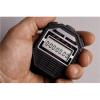
Built in Stopwatch
Source Institutions
In this activity (3rd on the page), learners investigate circadian rhythms by examining how well people do with estimating time.
How Many In a Minute
Source Institutions
In this activity, learners will keep track of how much they can do in one minute. Instructors can pick something everyone will do for a minute, such as jumping up and down or drawing stars.
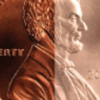
New Sense about Cents
Source Institutions
In this activity on page 6 of the PDF (Chemistry—It’s Elemental), learners explore some of the properties of copper using a few common household ingredients.
